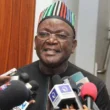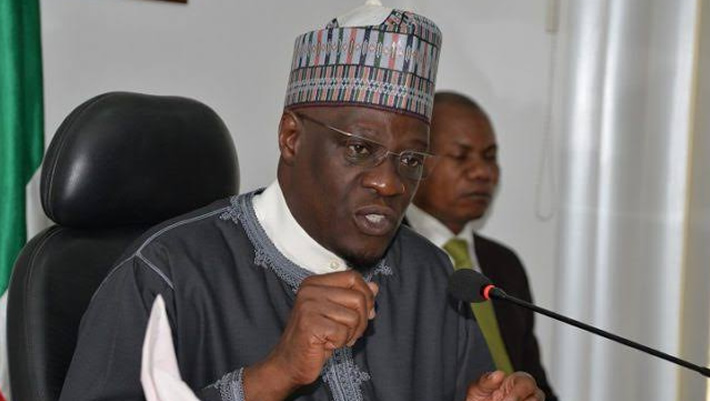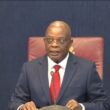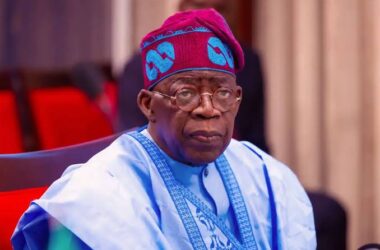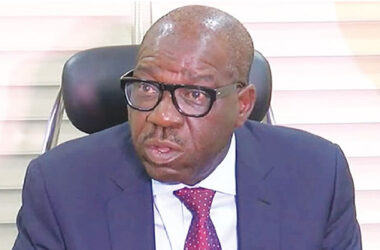A witness in the ongoing trial of former Kwara State Governor, Alhaji Abdulfatah Ahmed, told the Kwara State High Court in Ilorin on Thursday that the sum of N1bn from the Universal Basic Education Commission (UBEC) grant meant for infrastructure development was diverted in 2015 to settle workers’ salaries and pensions—and that the money was never returned.
The Economic and Financial Crimes Commission (EFCC) is currently prosecuting the ex-governor on a 14-count charge relating to the alleged misuse and diversion of UBEC funds totaling N5.78 billion.
According to a statement released by EFCC’s Head of Media and Publicity, Dele Oyewale, the fourth prosecution witness, Lanre Daibu, who was Chairman of the Kwara State Universal Basic Education Board (SUBEB) at the time, explained that the N1 billion was requested by the then Commissioner for Finance, Ademola Banu, via a phone call.
Daibu said the board initially resisted approving the loan, citing the need for a formal request and proper documentation. Eventually, the Ministry of Finance sent a letter endorsed by Governor Ahmed, which was presented in court as “Exhibit 4.”
“Though they promised to repay the loan within one or two months, the N1bn was never refunded until the board was dissolved,” Daibu stated during his testimony, as he was questioned by EFCC lead counsel, Rotimi Jacobs (SAN).
Daibu also told the court that UBEC grants are legally designated for improving basic education infrastructure and are not meant for salary payments. He said he was reluctant to approve the transfer but gave in when a formal letter was presented, showing the governor’s approval.
Also taking the witness stand was the fifth prosecution witness, Benjamin Fatigun, a retired Permanent Secretary in the Ministry of Finance. He confirmed Daibu’s account, noting that a letter had been sent from the Finance Ministry to the governor, explaining the state’s difficulty in paying salaries at the time. The governor then authorized the transfer of N1bn from SUBEB to the state salary account.
“There was an official letter from the Ministry of Finance to the governor detailing the state’s inability to pay salaries. The letter suggested borrowing from SUBEB, and the governor gave the go-ahead. The fund was then transferred to the state’s salary account,” Fatigun told the court.
Fatigun also noted under cross-examination by defence lawyers Kamaldeen Ajibade (SAN) and Gboyega Oyewole (SAN) that the state was facing a serious financial crisis in 2015, which prompted the emergency loan.
Presiding over the matter, Justice Mahmud Abdulgafar adjourned the proceedings to Friday, April 11, 2025, for continuation of the trial.




